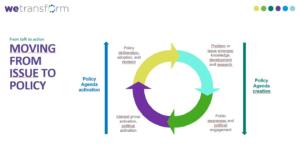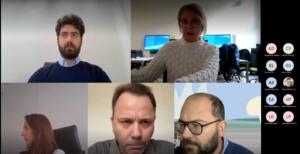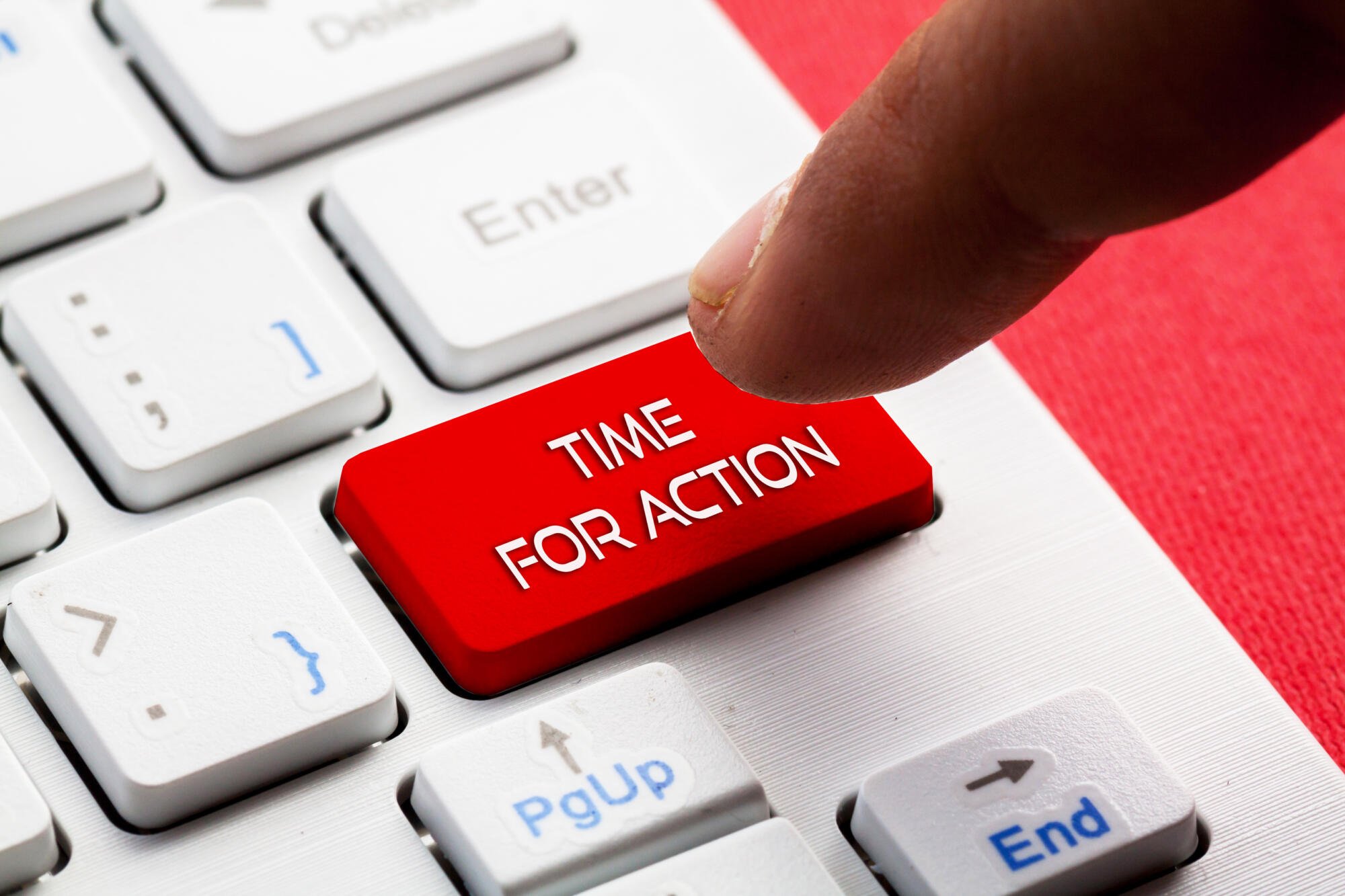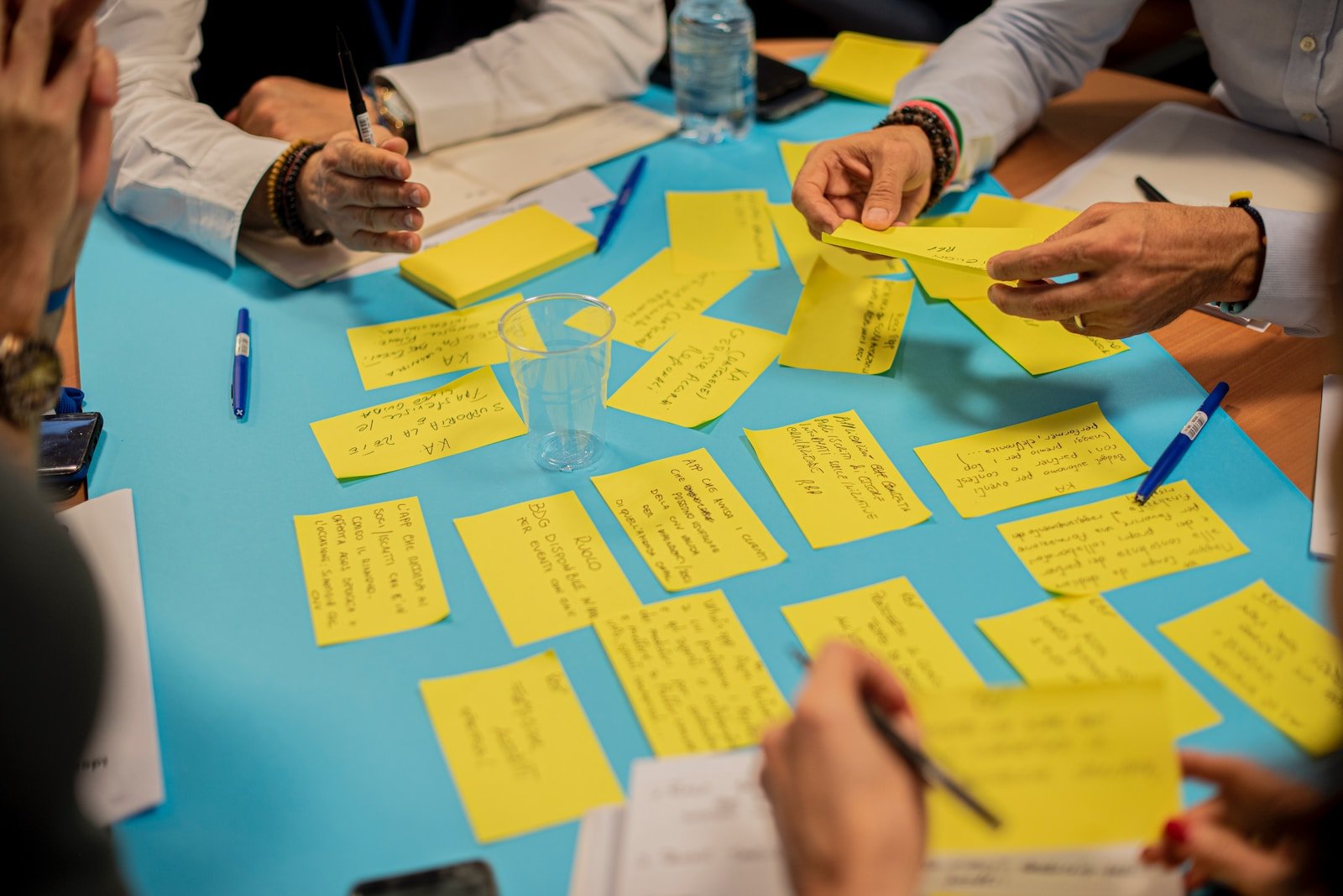Transport workforce transition: Action!
WE-TRANSFORM aims to apply a participatory approach, using Collective Intelligence (CI), to generate an evidence-based and action-oriented agenda to tackle the challenges the increasing automation in the transport sector places on the labour force. This agenda will be targeted to politicians from all levels - from European policy-makers to national authorities and local mayors and advisors.
Each of them has some of the legal powers, skills, and capacity, which are required to properly seize opportunities for transport workers, and mitigate challenges workers face with transport services automation and digitalisation!
Therefore, engagement is necessary at each level. In addition to the wide diversity of sectors and stakeholder types gathered in the Stakeholder Forum workshops, the WE-TRANSFORM partners also involved different authority levels. Representatives of the European Commission joined the project's last workshop in Brussels, while the mobility department of the city of Riga took part in their previous workshop happening in their city. The Austrian Federal Transport Ministry also joined the Latvian workshop, though remotely, and greatly contributed to the discussions, especially on the topic of local and regional competencies for workforce issues.
So, how do we move from raising awareness and identifying challenges to taking action?
 The transition from issue to action is the main task of WE-TRANSFORM's fifth Work Package: the formulation of the Action-oriented Agenda.
The transition from issue to action is the main task of WE-TRANSFORM's fifth Work Package: the formulation of the Action-oriented Agenda.
Foreseen to be implemented in the project's last months of activity, this work package started in December 2022. All involved partners were invited to a 2-days hybrid kick-off meeting, both in Torino and online.
The kick-off introduced this last and most important task for the project, with a presentation of the different steps planned to reach a final agenda which would have an impact, both for the transport workers and the mobility services all citizens in Europe benefit from.
The work on the Agenda definition and preparation is divided into three main subtasks:
- Formulate the agenda, based on the reports issued by previous tasks, and the inputs from the Stakeholder Forum and the Living hub;
- Validate the agenda, with reviews from the project's Advisory Board and key stakeholders as well as methods defined in the first project's task on methodology;
- Define a sustainability plan for this agenda and the created Living Hub, assessing their value proposition as well as their uptake by targeted stakeholders, and exploring financing model options for their operation and maintenance.
Two outcomes are planned as a result of these subtasks, both planned for the end of November 2023:
- The Agenda to tackle the challenges of automation in the transport sector, itself
- The Roadmap for business model options and Implementation
How will WE-TRANSFORM engage all stakeholders in this transition to action?
During the kick-off meeting, the results of previous tasks were summarized: state-of-the-art on barriers to workers' adaptation to transport services digitalisation and automation, reskilling needs and legal frameworks, and report on the current state of research at the EU level, highlighting the gaps to fill for a comprehensive consideration of the topic. The methods adopted to produce these results were recalled and distinguished from the methods to be used for the final step: the definition of the policy agenda. While stakeholder discussion and qualitative work will still be used in this final phase, more peer reviews will be asked of external stakeholders. The WE-TRANSFORM 5th Stakeholder Forum workshop in Vienna in June 2023 will be a key source of policy recommendations. It will lead to the first formulation of the agenda in the summer of 2023.
After that, Delphi rounds will be used in a validation process to obtain a consensus on a final version of this agenda by the Advisory Board members and Living Hub participants. The WE-TRANSFORM 6th Stakeholder Forum workshop in Turin in September 2023 will enable a validation round to provide a final Agenda by the end of the year.
WE-TRANSFORM has structured the research and the engagement of stakeholders in Thematic Areas. The agenda will follow the structure of these Thematic Areas, with potential additions following stakeholders' inputs on new perspectives of the topic. This structure supports the organisation of focus groups and the emergence of concrete recommendations. Finally, the Service Blueprint method will be applied to ensure all concerned stakeholders and areas of awareness will be integrated into the recommendations. The goal is a progressive and easy-to-implement agenda integrating inputs from multiple and diverse WE-TRANSFORM stakeholders.
Next steps
After the December kick-off, a workshop with all consortium p artners clarified the connections between the two phases of the project in January. This internal workshop, which happened just after the WE-TRANSFORM 4th Stakeholder Forum Workshop in Brussels, set the basis for the methodology of the final phase.
artners clarified the connections between the two phases of the project in January. This internal workshop, which happened just after the WE-TRANSFORM 4th Stakeholder Forum Workshop in Brussels, set the basis for the methodology of the final phase.
In parallel to the conclusion of the last tasks from the previous phase (last focus groups and submission of legal implications and workers' transition scenarios), interviews on concrete recommendations have started, together with input collection strategy in the next workshop in Vienna.
And what about the legacy?
WE-TRANSFORM develops a business model for the sustainability of its action plan. This task builds on the platforms, dialogue, and community created throughout the project. Using external experts' interviews and internal small-sized breakout workshops, it will establish a sustainability strategy, focusing on ensuring easy access and maintenance of the knowledge repository, seeking stakeholder commitment and buy-in as well as developing a business model to keep it sustainable.
WE-TRANSFORM partners participating in the internal workshops will exploit external experts' interviews to discuss business model options and possible governance models. The outcomes of the workshops should be a clear pathway to guarantee the project's legacy, an estimate of the budget required, and an understanding of funding schemes to start mobilising it.
Follow the project webpage and social media to engage and influence transport workers' future!


